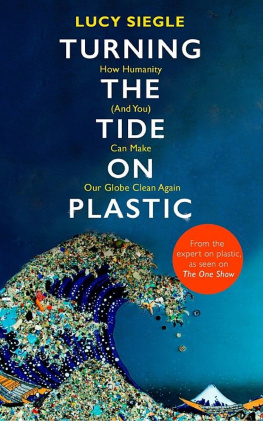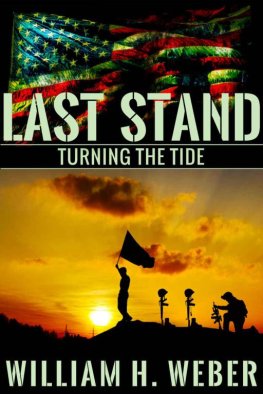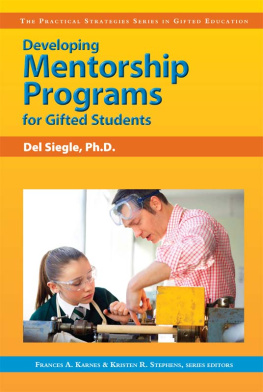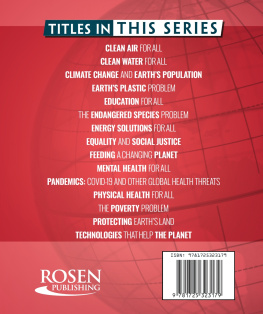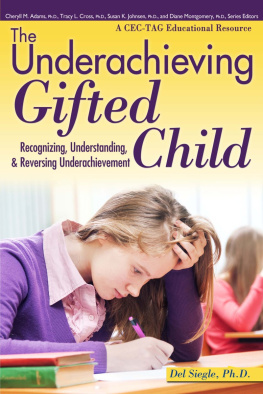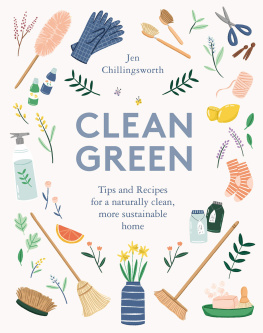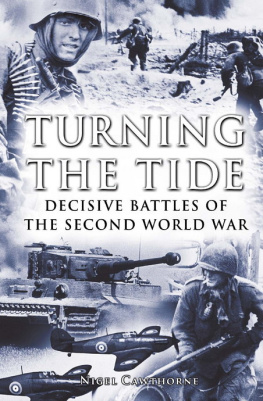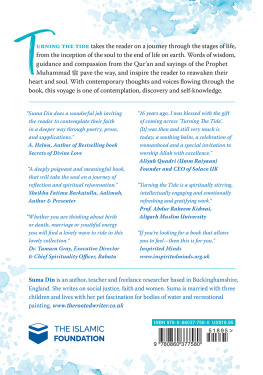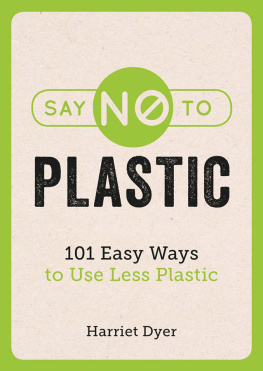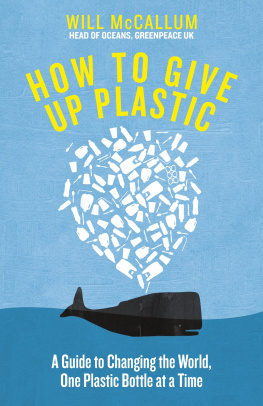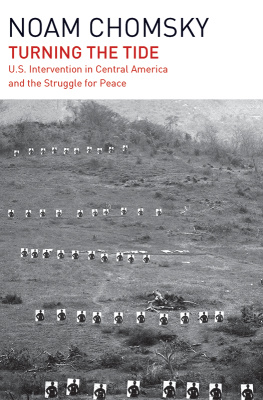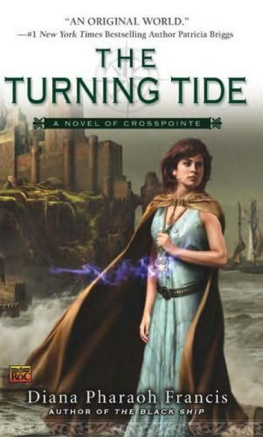Lucy Siegle - Turning the Tide on Plastic: How Humanity (And You) Can Make Our Globe Clean Again
Here you can read online Lucy Siegle - Turning the Tide on Plastic: How Humanity (And You) Can Make Our Globe Clean Again full text of the book (entire story) in english for free. Download pdf and epub, get meaning, cover and reviews about this ebook. year: 2018, publisher: Hachette UK, genre: Home and family. Description of the work, (preface) as well as reviews are available. Best literature library LitArk.com created for fans of good reading and offers a wide selection of genres:
Romance novel
Science fiction
Adventure
Detective
Science
History
Home and family
Prose
Art
Politics
Computer
Non-fiction
Religion
Business
Children
Humor
Choose a favorite category and find really read worthwhile books. Enjoy immersion in the world of imagination, feel the emotions of the characters or learn something new for yourself, make an fascinating discovery.
- Book:Turning the Tide on Plastic: How Humanity (And You) Can Make Our Globe Clean Again
- Author:
- Publisher:Hachette UK
- Genre:
- Year:2018
- Rating:5 / 5
- Favourites:Add to favourites
- Your mark:
- 100
- 1
- 2
- 3
- 4
- 5
Turning the Tide on Plastic: How Humanity (And You) Can Make Our Globe Clean Again: summary, description and annotation
We offer to read an annotation, description, summary or preface (depends on what the author of the book "Turning the Tide on Plastic: How Humanity (And You) Can Make Our Globe Clean Again" wrote himself). If you haven't found the necessary information about the book — write in the comments, we will try to find it.
Lucy Siegle: author's other books
Who wrote Turning the Tide on Plastic: How Humanity (And You) Can Make Our Globe Clean Again? Find out the surname, the name of the author of the book and a list of all author's works by series.
Turning the Tide on Plastic: How Humanity (And You) Can Make Our Globe Clean Again — read online for free the complete book (whole text) full work
Below is the text of the book, divided by pages. System saving the place of the last page read, allows you to conveniently read the book "Turning the Tide on Plastic: How Humanity (And You) Can Make Our Globe Clean Again" online for free, without having to search again every time where you left off. Put a bookmark, and you can go to the page where you finished reading at any time.
Font size:
Interval:
Bookmark:
Journalist, broadcaster and eco expert Lucy Siegle has had a weekly prime-time TV slot dedicated to battling waste plastic (The One Show, BBC1) and a decade of experience as the Observer and Guardians Ethical Living columnist. Lucy founded the Green Carpet Challenge with Livia Firth to address consumption and sustainability in the fashion industry, and recently worked on environmental projects with Emma Watson and Ellie Goulding. She is well known for her enthusiasm, optimism and playful authority. She recently chaired a panel of some of the worlds most exciting plastic activists planning a post-plastic future at the third UN Environment Assembly in Kenya
You can follow Lucy on:
Twitter @lucysiegle
Instagram @theseagull
LUCY SIEGLE
TURNING
How Humanity
THE
(And You)
TIDE
Can Make
ON
Our Globe Clean Again
PLASTIC

First published in Great Britain in 2018 by Trapeze,
an imprint of The Orion Publishing Group Ltd
Carmelite House, 50 Victoria Embankment,
London EC4Y 0DZ
An Hachette UK company
Copyright Lucy Siegle 2018
The moral right of Lucy Siegle to be identified as the author of this work has been asserted in accordance with the Copyright, Designs and Patents Act of 1988.
All rights reserved. No part of this publication may be reproduced, stored in a retrieval system, or transmitted in any form or by any means, electronic, mechanical, photocopying, recording, or otherwise, without the prior permission of both the copyright owner and the above publisher of this book.
A CIP catalogue record for this book is available from the British Library.
ISBN (Hardback): 978 1 409 18298 6
ISBN (eBook): 978 1 409 18300 6
www.orionbooks.co.uk
To my nieces and nephews,
Ava, Heidi, Jasper, Nina, Sam and Zoe.
In the hope that we will one day bring you clean oceans
full of fish and cetaceans, not plastic.
CONTENTS
I first met Lucy for a beach clean in Cornwall a decade ago, just as I took the helm of Surfers Against Sewage, a charity dedicated to the protection of oceans, waves, beaches and wildlife. We picked up crisp packets, cotton bud sticks, plastic bottles and all sorts of plastic that simply shouldnt have been on the beach. This was long before plastic pollution was making daily headlines, or community-driven plastic campaigns were causing shockwaves across government and industry. Lucy is one of the true plastic pollution pioneers.
It is the beach environment that first exposed the damage caused by humanitys addiction to plastic and the haemorrhaging systems that are generating a tidal wave of plastic pollution: a juxtaposition of excessive and unnecessary consumption set against some of the most beautiful places on earth. Picture-postcard places. Those most connected with our oceans and coastlines surfers, beach lovers, swimmers, sailors were the canary in the coalmine. Some of the first to see tidelines of plastic: some of the first to question why it was there. The first to sound the alarm.
But how did it get to this?
Plastic is an extraordinary material flexible, colourful, light, abundant and almost indestructible. It has had an impact on every human industry and revolutionised the very way we live. It has helped us explore the farthest reaches of the planet, from the deepest ocean trenches to the highest mountain ranges, and even beyond our atmosphere, through space travel.
Plastic is also an extraordinary pollutant. Flexible, colourful, light, abundant and almost indestructible: the very properties that make it so useful also make it problematic when it escapes into the environment. The sea is often the final destination of plastic waste, as it is carried by winds, streams, rivers and currents into oceanic whirlpools of pollution. Indeed, it seems increasingly unlikely that a pristine, plastic-free environment today truly exists on any part of Planet Earth, or should I say Planet Ocean. As Jacques Cousteau said, Water and air, the two essential fluids on which all life depends, have become global garbage cans.
However, plastic is also becoming an extraordinary unifier. The qualities which make it so useful and so problematic make it the pollutant that everyone can see, identify and respond to in their everyday lives. The millions of tonnes of plastics that enter our oceans annually are the same as the millions of tonnes that people interact with every day in our shops, restaurants, homes and offices.
The tideline on most beaches usually has the same plastic brand profile as any homogenised high street. Immediately recognisable to anyone taking part in a beach clean, this jetsam is a warning sign of a failing linear economy, excessive packaging, planned obsolescence, big oil interests, poor resource management and fragmented recycling systems.
Scenes of beaches, cities and wilderness choked with plastic have also generated a tidal wave of social action. To quote Jacques Cousteau again, The sea, the great unifier, is mans only hope. Now, as never before, the old phrase has a literal meaning: we are all in the same boat.
The ubiquitous nature of plastic pollution and its relevance to our daily lives is perhaps unique among the most ominous pollutants of our times. Unlike carbon dioxide and other invisible contaminants, we can all visualise it as part of our daily existence.
A global army of beach clean volunteers today tackles the plastic pollution at the frontline, where land and sea converge, interlocked by a swathe of plastic. Removing and recycling as much plastic as possible from our beaches, streets and countryside is important work: every piece removed a victory in its own right, a small battle won. However, we know that we cant simply pick our way out of the problem. We must urgently focus efforts further upstream in the war on avoidable plastics. Plastic in our environment is not litter. It is a pollutant from fast business serving society in the wrong way while outsourcing the cost to Mother Nature.
Our political leaders must take bold, decisive steps to break this industry and societys love affair with single-use plastics. In the UK, the extension of the five-pence plastic bag charge, the microbead ban and a UK-wide deposit refund system can be great steps to reduce the plastic footprint that is trampling our natural world. But these measures are only the start.
Industry transparency and accountability, taking full responsibility for its plastic emissions, is essential to driving more sustainable, circular systems and products. Governments must legislate to incentivise businesses to reconsider their plastic footprint and decouple from pointless plastics, which no one actually wants. Progressive businesses must use plastic-free policies as a market advantage to respond to the growing global community that demands it.
We must reinvent our relationship with single-use plastic to eliminate, replace and recycle plastics faster and more effectively. Plastic production is already rampant and is set to increase massively in the next twenty-five years. And all this avoidable plastic is made from oil: oil that is pumped from the ground beneath oceans, fields, countryside and precious wilderness. Boycotting single-use plastic is also taking a stand against new oil exploration and extraction a double high-five for the planet.
The time for action is now, and its up to each of us not to kick the plastic bottle down the street. We can all reduce our plastic footprint, and Lucy and her strategies in this book will show you how. Every day, every week, every consumer choice we make. A consumer revolt against avoidable plastics is already under way. World leaders are responding. Businesses are seeing that they need to change. But we must keep up the pressure. We cannot put the genie of plastic pollution back in the bottle.
Next pageFont size:
Interval:
Bookmark:
Similar books «Turning the Tide on Plastic: How Humanity (And You) Can Make Our Globe Clean Again»
Look at similar books to Turning the Tide on Plastic: How Humanity (And You) Can Make Our Globe Clean Again. We have selected literature similar in name and meaning in the hope of providing readers with more options to find new, interesting, not yet read works.
Discussion, reviews of the book Turning the Tide on Plastic: How Humanity (And You) Can Make Our Globe Clean Again and just readers' own opinions. Leave your comments, write what you think about the work, its meaning or the main characters. Specify what exactly you liked and what you didn't like, and why you think so.

